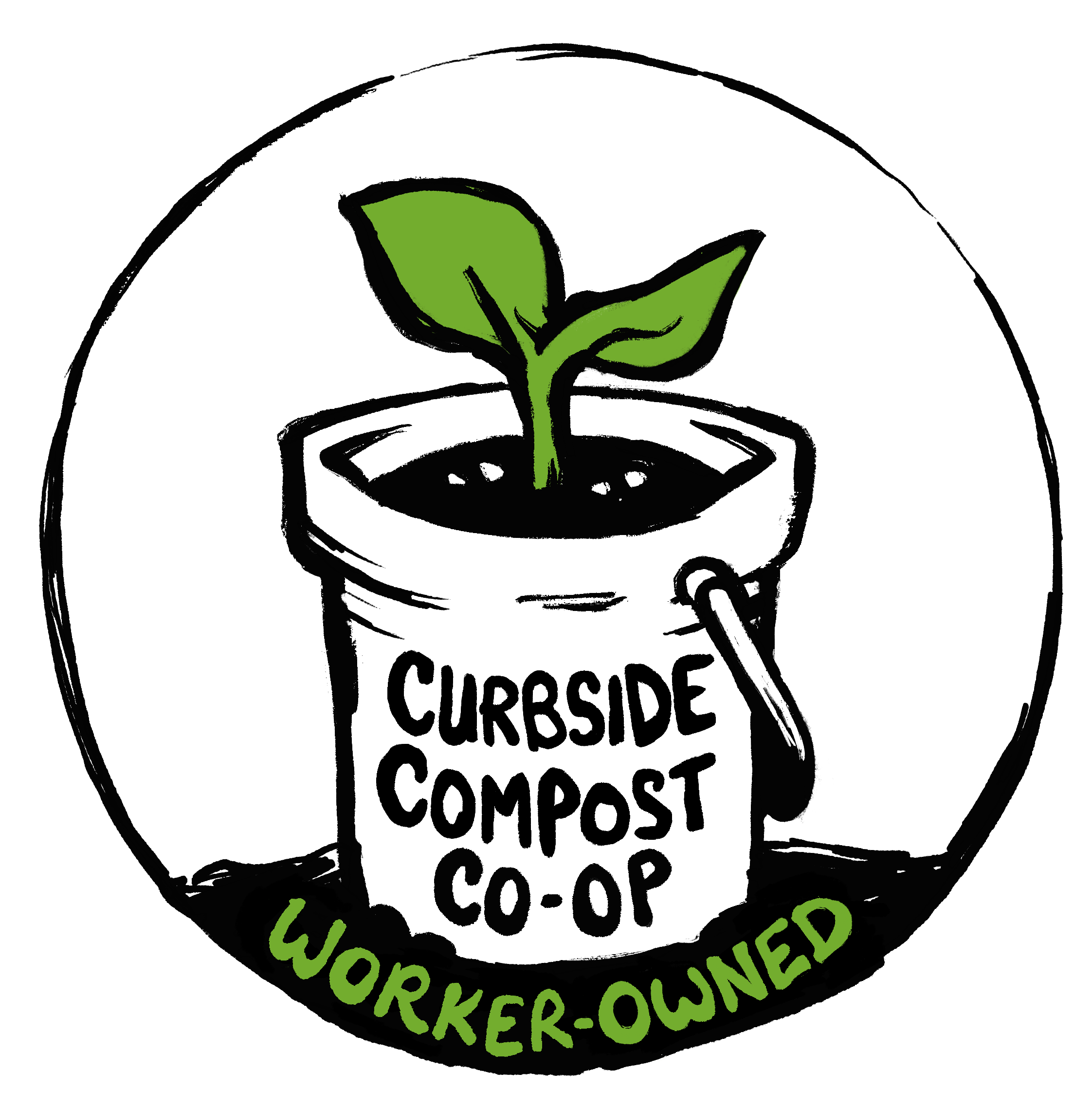Why Should I Compost My Household Organic Waste?
Environmental Benefits
The US creates about 2.6 million tons of food waste every year. Less than 7% of that is composted, and around 75% of it goes to a landfill. Compostable food waste accounts for over 20% of all waste sent to landfills. When food waste sits in landfills, it can’t decompose fully, so it releases significant amounts of methane, a greenhouse gas more harmful than carbon dioxide. Landfills are the third-largest source of human-related methane emissions in the US, and much of that could be prevented by composting.
Adding compost to soil adds nutrients, reduces erosion, and improves soil structure. This means farmers don’t have to add as many chemical fertilizers, and can worry less about soil loss. Composting is an easy way to support sustainable agriculture, and turn your food back into food!
Community Benefits
Landfill: The Rice County landfill is filling up! We want to divert as much waste as possible so that we extend the life of our landfill. A significant portion of waste that goes to the landfill is compostable, causing landfills to grow at a faster rate than necessary.
Local Jobs: This is a locally run collection service with an emphasis on employing young people at living wage standards and empowering them through democratic decision making and management.
Local Soil Fertility: We are currently bringing the waste we collect to a large-scale composting facility in Shakopee. In the near future we plan to process the compost locally to make it available to local farmers, landscapers and gardeners.
FAQs
What is the difference between organic waste, compost, organics recycling and composting?
Organic waste and compost are often used interchangeably, but in technical terms, organic waste is the material that we collect and compost is the finished product. Composting and organics recycling both refer to the process of turning organic waste into compost. “Organic” in this sense isn’t connected to the organic certification food products can receive, but means the product came from things that were grown.
What is the difference between biodegradable and compostable?
A “biodegradable” product is anything that will eventually break down– which is pretty much everything! Calling a product “biodegradable” says nothing about how environmentally friendly it is, and can be used to “greenwash” products (make them look more environmentally friendly than they are). A certified compostable product has been rigorously tested to show that it completely breaks down in the composting process and doesn’t leave anything behind that shouldn’t be in compost. You can read more about this distinction here from our compostable bag supplier.

